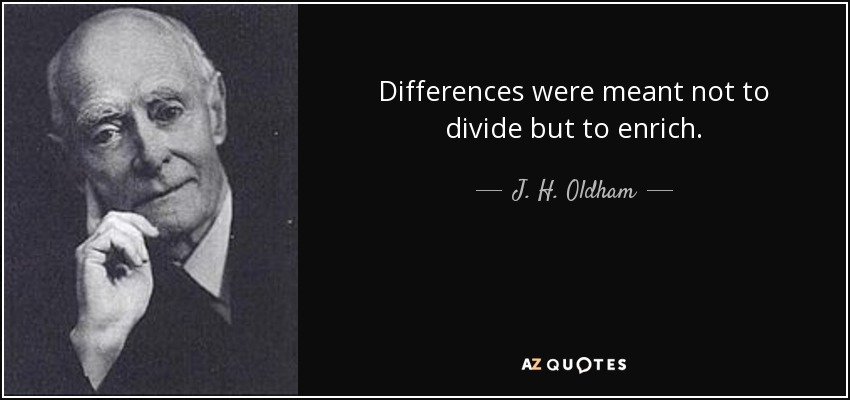"Differences were meant not to divide, but to enrich" - J.H. Oldham

The aim of the John Clifford Primary RE curriculum is to bind our community by creating an ethos of tolerance, empathy and respect, developed through understanding people’s religious beliefs.
The children at John Clifford Primary will have the knowledge and understanding of the key religions that have shaped the world in which they live.
The RE curriculum closely links with English, History and Geography through stories, historical facts and geographical locations. As well as exploring Art, Music and Dance that religion has influenced throughout our history.
Why do we teach RE at John Clifford?
RE is an essential skill part of the curriculum because it helps pupils develop an understanding of themselves, others and the world around us.
Our children will explore the influence of religious beliefs on individuals and culture throughout history. By learning from religions and world views and their different ways of life, our children will discover, explore and consider many different answers to questions about people’s identities, what it means to belong, and the personal value people attach to beliefs.
Through creative, imaginary, thorough and respectful lessons, we desire to mould good citizens of the future who will live in a modern Britain promoting equality, pride, fairness, freedom and respect. Through RE, our aim is to celebrate the spiritual, moral and cultural development of all our pupils.


